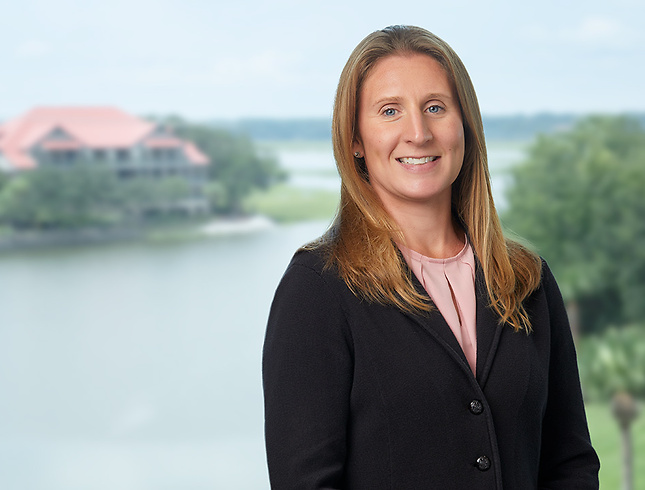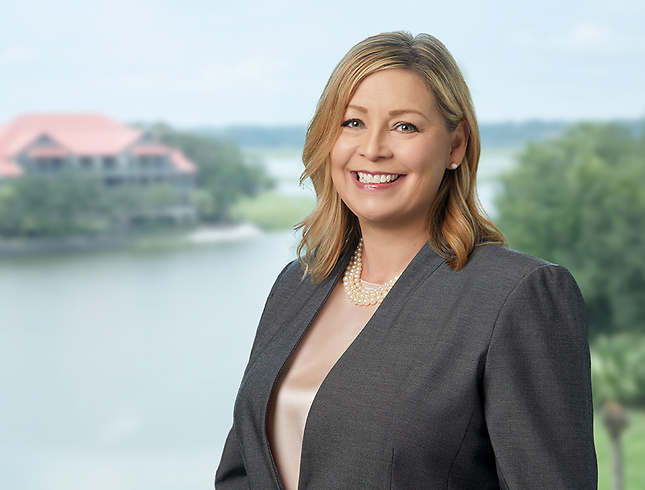South Carolina rollback tax laws changed in 2021, with potentially significant implications for real estate transactions where rollback taxes may come into play.
What are rollback taxes?
South Carolina Code Section 12-43-220 requires that any time a property changes from receiving the benefit of an agricultural use special assessment ratio property tax exemption to any other use, rollback taxes are to be assessed and billed to the property. The amount of the rollback taxes is equal to the sum of the differences, if any, between the taxes paid or payable on the basis of the fair market value for agricultural purposes and the taxes that would have been paid or payable if the real property had been valued, assessed, and taxed as other real property for the current year and each of the immediately preceding 3 tax years. Essentially, there is potential for additional taxes on the property due to the use of reclassification.
What Qualifies as an “Agricultural Use”?
“Agricultural Real Property” means “any tract of real property which is used to raise, harvest or store crops, feed, breed or manage livestock, or to produce plants, trees, fowl or animals useful to man, including the preparation of the products raised thereon for man's use and disposed of by marketing or other means. It includes but is not limited to such real property used for agriculture, grazing, horticulture, forestry, dairying, and mariculture. In the event at least fifty percent of a real property tract shall qualify as "agricultural real property", the entire tract shall be so classified, provided no other business for profit is being operated thereon.” South Carolina Code Section 12-43-230(a).
When do rollback taxes most often apply?
Typically rollback taxes apply in transactions in which a developer is purchasing property for development that previously received the benefit of an agricultural use special assessment ratio property tax exemption.
Who pays the rollback tax?
In South Carolina, there is no rule as to whether the purchaser or seller pays the rollback tax. If the parties involved (and their lawyers) are aware of this issue upfront, the payment of rollback taxes typically is negotiated prior to the execution of the contract. The applicable South Carolina county will not prorate rollback taxes between purchasers and sellers. The County Assessor however automatically will apply rollback taxes to any property in which the purchaser has not filed an application to continue an agricultural use special assessment ratio property tax exemption.
What are the recent changes to South Carolina rollback tax laws?
Effective January 1, 2021, rollback taxes are to be assessed over a three-year period rather than the previous five-year period. Purchasers and sellers now will need to estimate the applicable rollback tax amounts for the three years preceding the change in use of the property rather than five years under prior law. This is advantageous to purchasers of reclassified property with potential savings of two years’ worth of rollback taxes.
What is the Rollback Tax Estimation Formula?
- Start with the current Market Value of the subject property
- Multiply the Market Value by 0.06
- Find the current Assessed Value of the subject property
- Compute the difference between Line 2 & Line 3
- Multiply this resulting difference by the Millage Rate, for each of the three (3) tax years being rolled back on.
Note: Rollback tax estimates should be computed for three (3) years. Start with the year the property use changed, and calculate over the prior three (3) years.
Is there a way to avoid rollback taxes?
South Carolina law allows for a Fee In Lieu to be charged rather than standard real property taxes in some specific circumstances, largely applicable to commercial projects. While the specifics of each project will need to be considered, a $2.5 million investment typically is required in order to qualify for the Fee In Lieu. We recommend seeking the advice of a tax accountant and/or lawyer to determine whether the Fee In Lieu might be available.
Where can I get advice for my potential property sale/purchase?
In addition to consulting an accountant, your closing lawyer should be able to obtain from the County Assessor an estimate of the rollback tax payment that would be required.
If you have any questions regarding South Carolina rollback taxes, please contact any of the following lawyers or your lawyer at Burr & Forman LLP.
Sarah F. Robertson at srobertson@burr.com or (843) 815-2171
Lindsay C. Hartman at lhartman@burr.com or (843) 785-2171
- Partner
Lindsay assists planned community associations with drafting, interpreting and enforcing restrictive covenants, bylaws, and other governing documents. She also has experience negotiating and drafting commercial lease ...
- Partner
Sarah is Co-Chair of Burr & Forman's Real Estate Practice Group and a member of the Corporate and Tax Practice Groups. With the firm or its predecessors since 1999, she handles both residential and commercial real estate closings in ...


